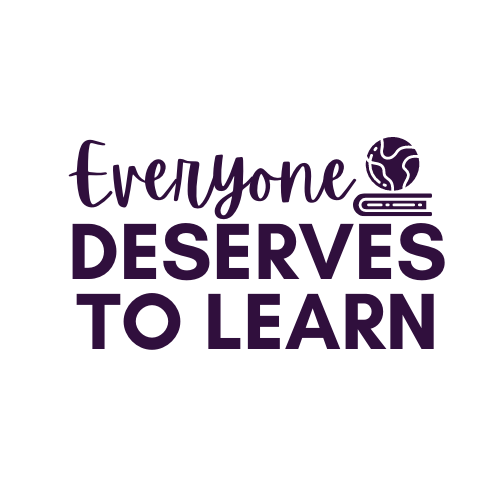4 Ways to Make Spelling Meaningful
Hooray! Your students can spell their words after studying them all week and testing on Friday.
But can they use them? Students who are struggling readers may do well memorizing a list of words, especially if they are related in a word family. But if they can't read them in context, tell me what they mean, or use them in different forms, what have they actually learned? How are you making spelling meaningful? Below are four strategies I use to make spelling words meaningful and enduring for all the learners in my class.
I'd love to hear how you make spelling meaningful in your own classrooms!
But can they use them? Students who are struggling readers may do well memorizing a list of words, especially if they are related in a word family. But if they can't read them in context, tell me what they mean, or use them in different forms, what have they actually learned? How are you making spelling meaningful? Below are four strategies I use to make spelling words meaningful and enduring for all the learners in my class.
1. Give students the choice
The average spelling list for students in grades 2-5 is 20 related words per week. Some programs add challenge words, too. Instead of having them learn all 20 words, my students choose 7 of the words THEY want to learn. In addition, they choose the homework THEY want to do. Those two simple changes have made my students look forward to spelling, rather than dreading it. The logistics of giving students choice for their spelling words can be overwhelming, so clear expectations are key. My students know they have the freedom to choose their words and their homework, and in doing so, they've gradually begun to take more risks in choosing more difficult or unknown words.2. Create student centered learning
Since my students choose their own words, and homework assignments, they are choosing their own path to learning. During our spelling introduction on Mondays, I conference with each learner to quickly discuss the words and their meanings. During our test on Fridays, I conference with them again to assess their learning. In addition to creating enduring understanding, I'm also creating strong relationships with my students.3. Connect to classroom skills
Throughout the week, while we are practicing our focus grammar skill, I'll ask a student to use their spelling word in an example. My students are experts on 10 Finger Sentences, and I challenge them to create one using two or more spelling words. Their weekly test connects our grammar skills and spelling skills together, and is an excellent formative assessment. |
| During this test, they had to circle the subject and underline the predicate. |
4. Let them take ownership
When it's test time, each student meets with me to write their words in traditional dictation format. Once finished, they must write a sentence for each word, as well as identify the week's grammar skill in each sentence. Meeting with me as individuals makes the spelling test feel a little more special. I'm able to check in with each student on a personal level for a minute or two, and for some, that makes all the difference.I'd love to hear how you make spelling meaningful in your own classrooms!




